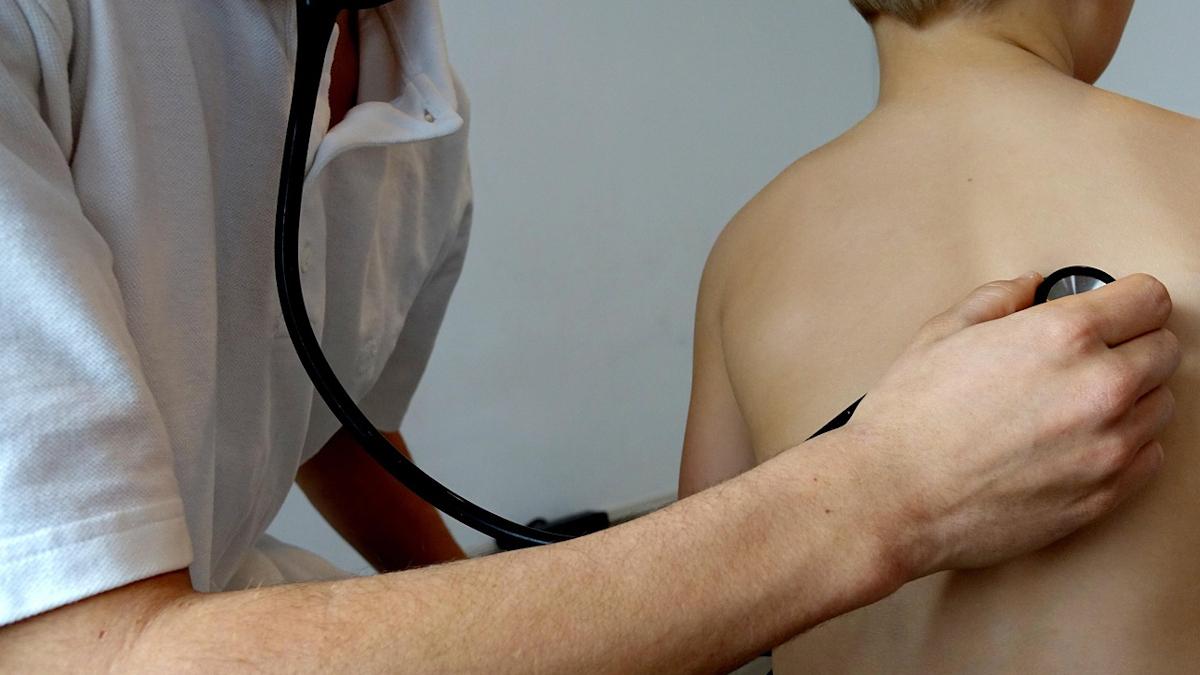ADC developer Pheon raises $120m, and other bio financings

Pheon chief executive Cyrus Mozayeni
This week’s round-up of biotech financings is led by a $120 million round for UK-based antibody-drug conjugate (ADC) developer Pheon, with SixPeaks also pulling in nine figures and smaller rounds for Progentos, LabGenius, and Grey Wolf, and Imvax.
ADCs are hot property in pharma at the moment, so it’s no surprise that Pheon Therapeutics was able to attract $120 million for its Series B, even though it isn’t giving much away about the disease it is going after with its pipeline – other than to say its first three programmes are against a target that features in a wide range of solid tumours.
So far, all that is known is that its lead programme carries a DAR8 topoisomerase-1 inhibitor payload and is scheduled to start clinical testing before the end of the year. The two following ADCs will use other payload technologies, according to the London-based biotech, which raised $68 million in its first-round financing two years ago.
The round was led by TCGX with participation from new investors BVF Partners, Lightspeed, and Perceptive Advisors, alongside existing investors Atlas Venture, Brandon Capital, Forbion, and Research Corporation Technologies. Cariad Chester, managing partner of TCGX, will join the company’s board.
Switzerland’s SixPeaks Bio emerged from the shadows this week with $110 million financing, backed mainly by AstraZeneca, and a mission to develop a new generation of weight-loss therapies for obesity that help patients reduce fat while preserving muscle. It is working on an antibody that inhibits the activin IIA/B receptor, a mechanism that has been proposed as a way to increase muscle mass.
Other companies, including Regeneron, Eli Lilly through its $1.9 billion acquisition of Versanis last year, and Biohaven Pharma, amongst others, are also developing drugs affecting the activin pathway as part of obesity programmes, so SixPeaks is playing catch-up in the category with its portfolio of preclinical-stage candidates.
Despite that, AZ seems impressed by its platform, contributing $80 million in funding with Versant Ventures leading an accompanying $30 million Series A in which AZ also participated. The pharma group has also negotiated an exclusive option to buy SixPeaks outright within the next two years.
Progentos Therapeutics – which has operations in the US and the Netherlands – has emerged from stealth with a $65 million first round that will help it bring a pipeline of first-in-class small molecules designed to reverse damage to neurons affected by multiple sclerosis and other degenerative diseases into the clinic.
In MS, neurons become stripped of their protective myelin sheath, and Progentos’ candidates are designed to stimulate remyelination by stimulating the activity of oligodendrocytes, the cells that produce myelin, via a novel, validated target, according to the biotech. The cash injection will allow it to complete proof-of-concept studies in humans of its MS candidate and bring forward programmes in other diseases.
The round was led by Forbion and backed up by Alta Partners, Mission BioCapital, Longwood Fund, and Dolby Family Ventures.
LabGenius, a UK start-up that applies machine learning (ML) and automation to the discovery and design of antibody-based therapies, raised £35 million ($44 million) in a second round led by Merck KGaA’s venture capital unit M Ventures, with participation from Octopus Ventures, LG Corp, Atomico, Kindred Capital, Lux Capital, and Obvious Ventures.
The funding will be used to further develop the company’s drug discovery platform, which uses robotics and ML to design, conduct, and learn from experiments, creating a closed-loop system that can create antibodies with novel, non-intuitive designs. It will also be used to advance a pipeline of ‘multispecific’ antibody candidates – which can bind to two or more targets – for the treatment of solid tumours towards the clinic. Its initial focus is on developing drugs that minimise off-tumour toxicity.
The new round brings the total raised by LabGenius since its formation in 2012 to £58 million. In 2021 it formed a partnership with Sanofi in the area of inflammation, which has generated a series of lead-optimised candidates, according to a poster presentation at last year’s Single-Domain Antibodies congress.
Grey Wolf Therapeutics has added another $50 million to a previously reported Series B, taking the total to $99 million, showing investor interest in its neoantigen modulation approach to engaging the immune system against disease.
The UK-headquartered company is focusing on inhibitors of endoplasmic reticulum aminopeptidases (ERAP1 or ERAP2), which play a role in antigen presentation and could help address the source of immune dysfunction in oncology and autoimmunity. Its pipeline is led by GRWD5769, in a phase 1/2 trial involving patients with a range of solid tumours, with a second ERAP1 inhibitor aimed at autoimmune disease due to start human testing next year.
The upscaled round was led by ICG Life Sciences, backed by existing investors Pfizer Ventures, Andera Partners, Canaan, Earlybird Venture Capital, Oxford Science Enterprises, and British Patient Capital.
Finally this week, Thomas Jefferson University spinout Imvax has raised $35 million from an undisclosed group of investors that will be used to support the clinical development of lead drug candidate IGV-001 for newly diagnosed glioblastoma, a deadly form of brain cancer. The new round takes the total raised by the company to around $210 million since it was set up in 2015.
This week, the Philadelphia company also announced that it had completed enrolment in a phase 2b trial of IGV-001, an immunotherapy based on a patient’s own tumour cells designed to induce a broad and durable immune response against the cancer.
Top-line data from the study is expected by the middle of 2025, said Imvax, which has also just received fast-track designation from the FDA for the therapy. It involves taking a sample of cells from a biopsy and implanting them in the abdomen in a biodiffusion chamber. The cells are then exposed to radiation, killing them, and allowing the release of tumour antigens that can stimulate an immune response.













